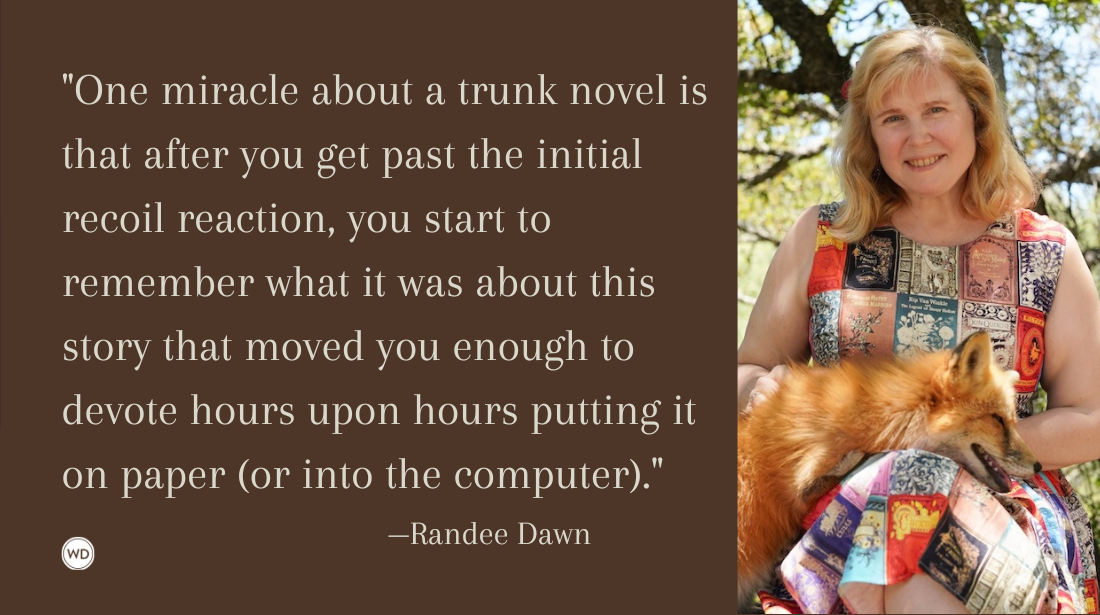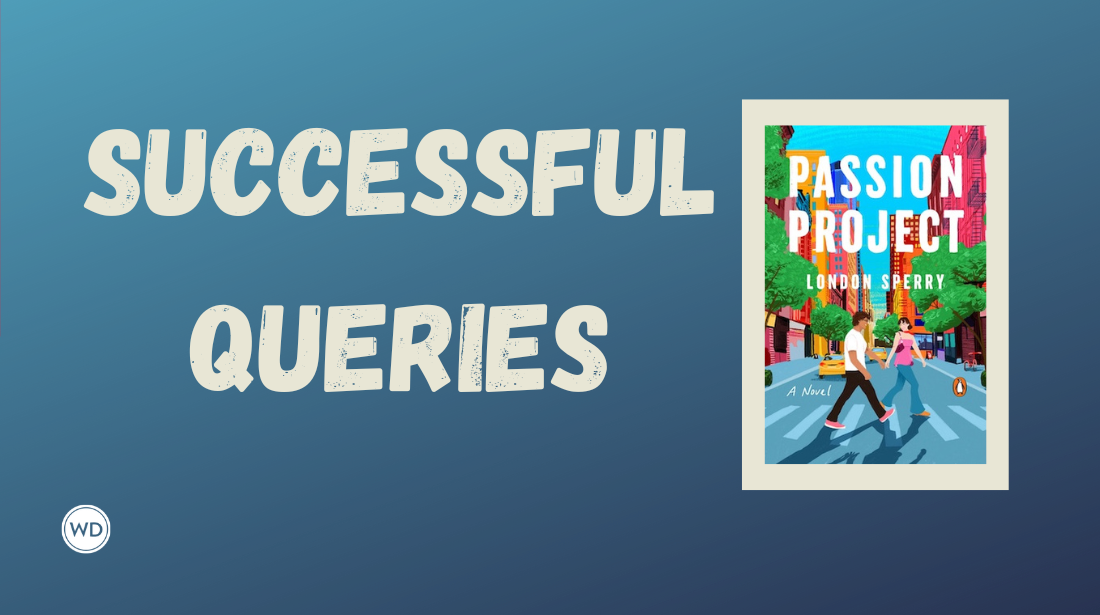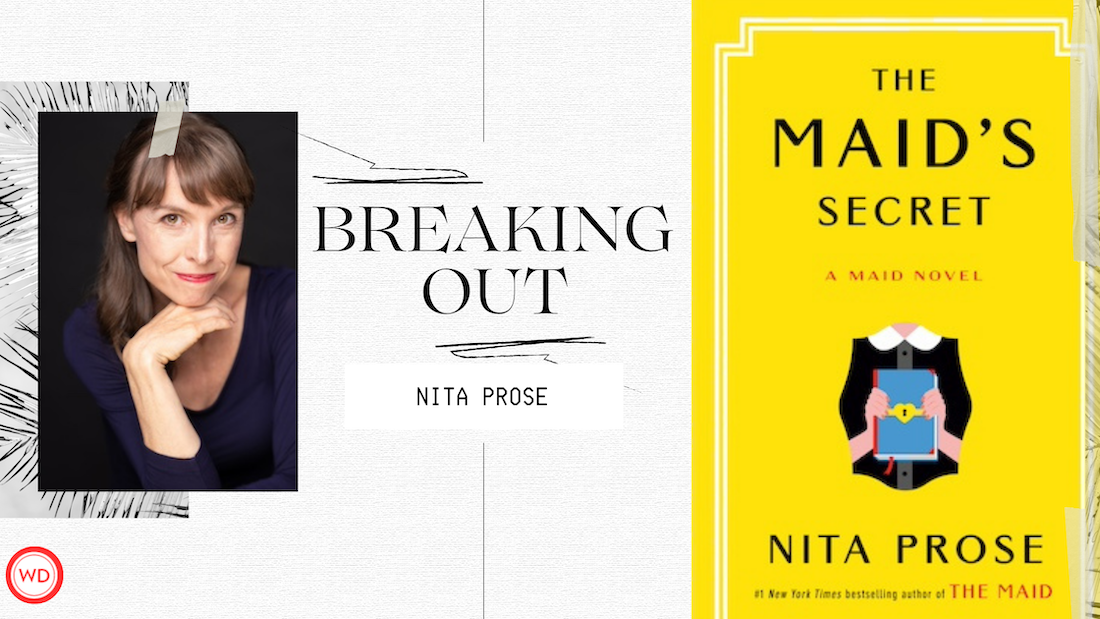What Is an ARC in Publishing and Writing?
In this post, we answer the question of what an ARC (or advance reader copy) is in publishing, writing, and reading. Plus, we look at why they’re important to writers and their writing careers.
Publishing is filled with initialisms, acronyms, and abbreviations. Some are self-explanatory, while others can get a little confusing. One such case is the capitalized initialism of an ARC, not to be mistaken for the lowercase arc (as in story arc or character arc), which is very important in the world of writing.
So in this post, let's look at what an ARC (or advance ready copy) is and why it matters to writers.
What Is an ARC in Publishing and Writing?
Very simply, an ARC is an advance reader copy. That is, it's an electronic and/or print copy of a book that is made available before the official publication of the book. Publishers create these to serve a few different purposes:
- Get reader reviews. Publishers will send ARCs to readers on various social platforms, including Goodreads, to get an honest review from readers. Good endorsements can help sell books online.
- Land critical reviews. Again, publishers will send ARCs to online and print publications that connect with their target audience to try and get a good critical review from book reviewers.
- Compile blurbs. ARCs are sent to other authors and experts to get blurbs that can be used on the covers and interiors of books.
- Enter book awards. Some book awards require ARCs, depending upon when a book is published, for books to be considered for some awards.
- Use for other promotional purposes. Publishers will also make ARCs available to media outlets to try and get other publicity for their books and authors in print, online, podcasts, TV and radio interviews, and more.
As you can see, ARCs can be a very important tool in promoting books and authors.
*****
Are you ready to take the next step toward a final draft of your novel? This course is for you!
Robert Lee Brewer is Senior Editor of Writer's Digest, which includes managing the content on WritersDigest.com and programming virtual conferences. He's the author of 40 Plot Twist Prompts for Writers: Writing Ideas for Bending Stories in New Directions, The Complete Guide of Poetic Forms: 100+ Poetic Form Definitions and Examples for Poets, Poem-a-Day: 365 Poetry Writing Prompts for a Year of Poeming, and more. Also, he's the editor of Writer's Market, Poet's Market, and Guide to Literary Agents. Follow him on Twitter @robertleebrewer.








